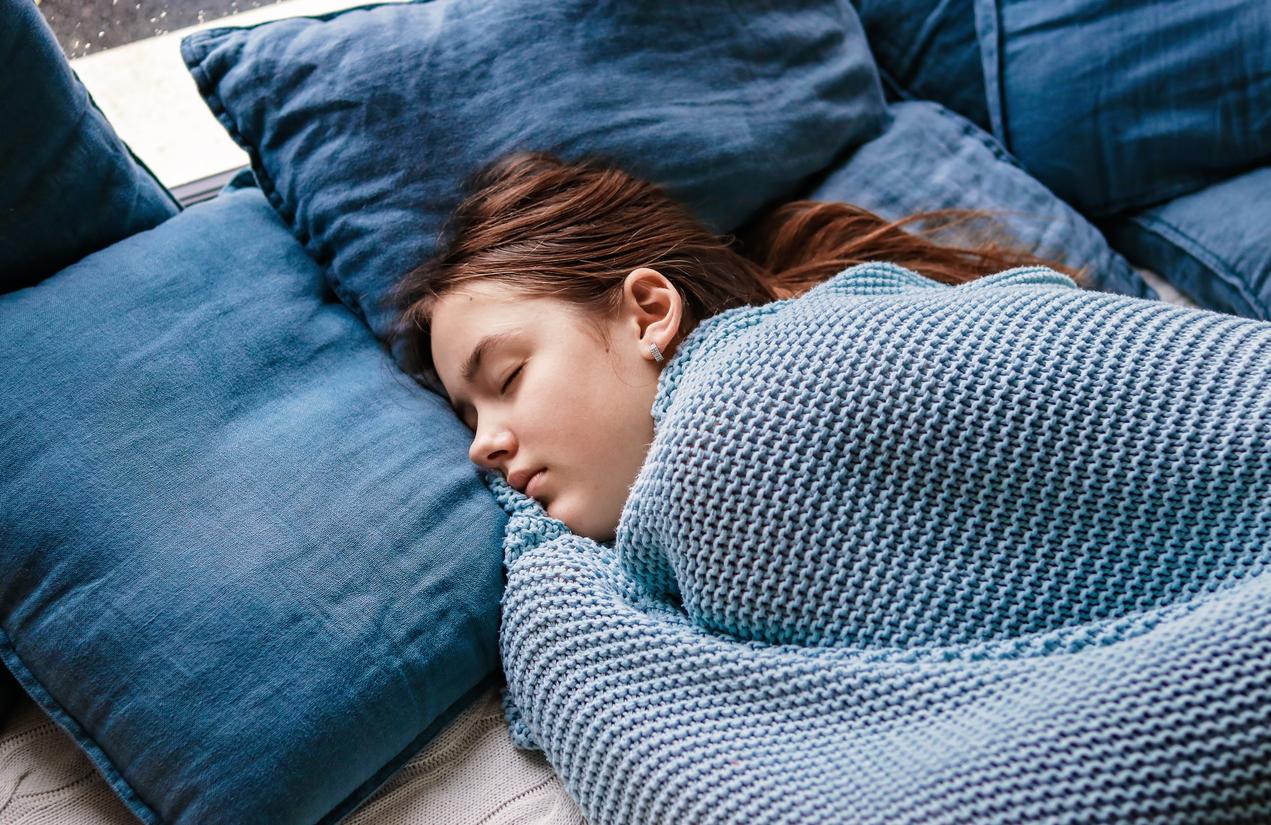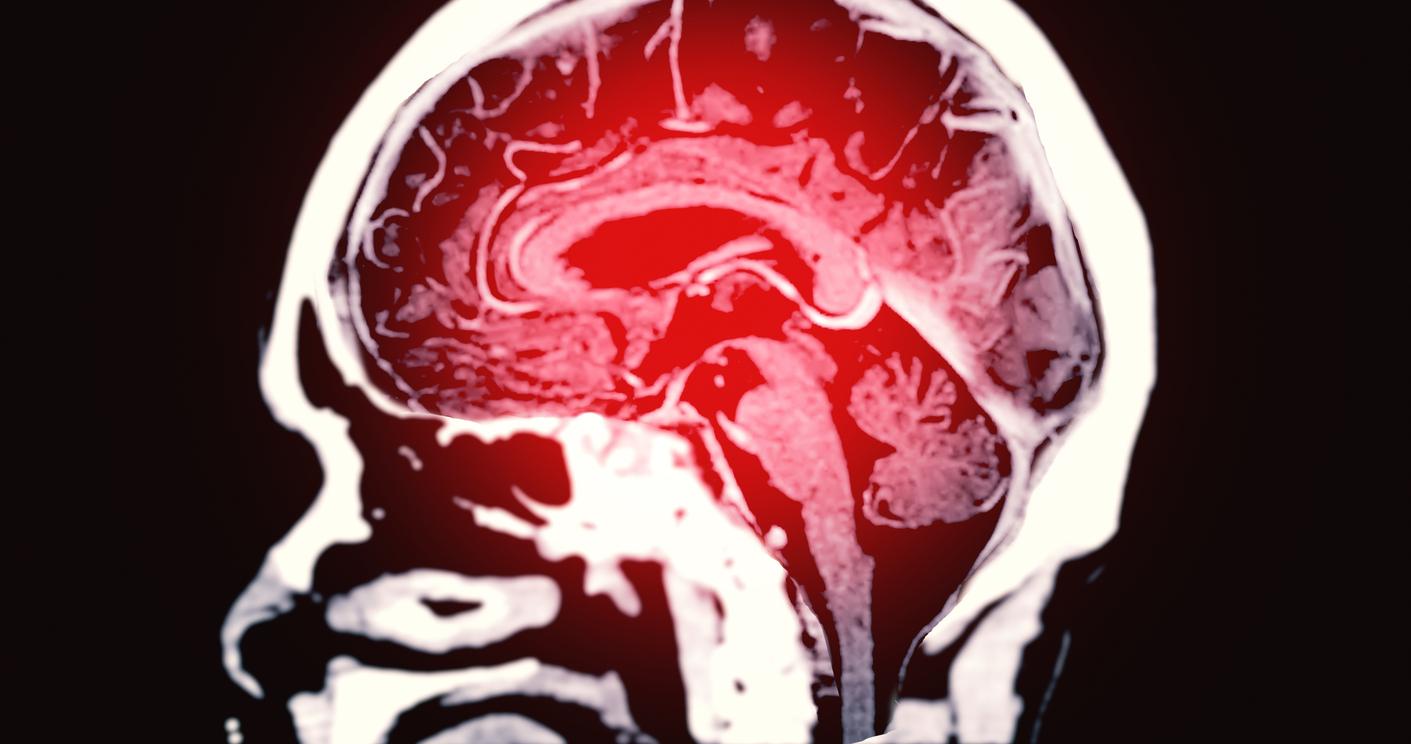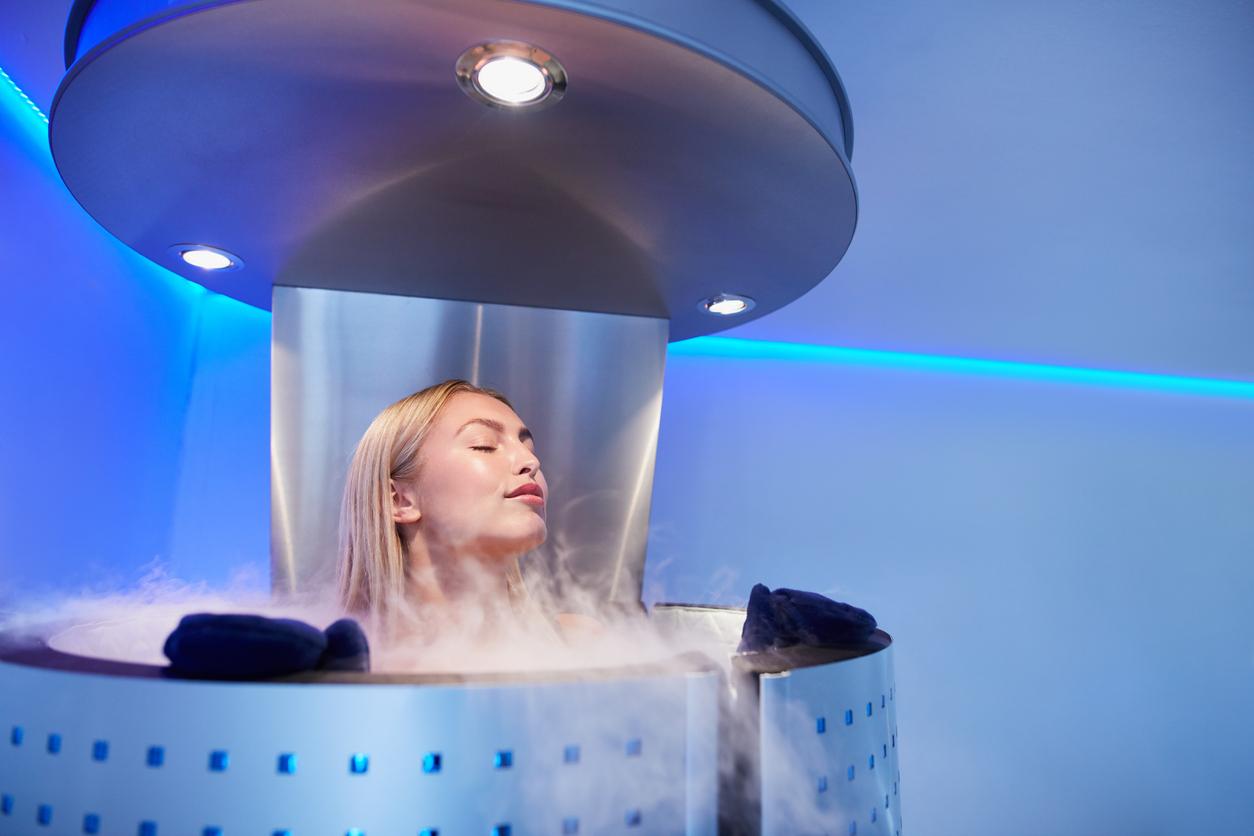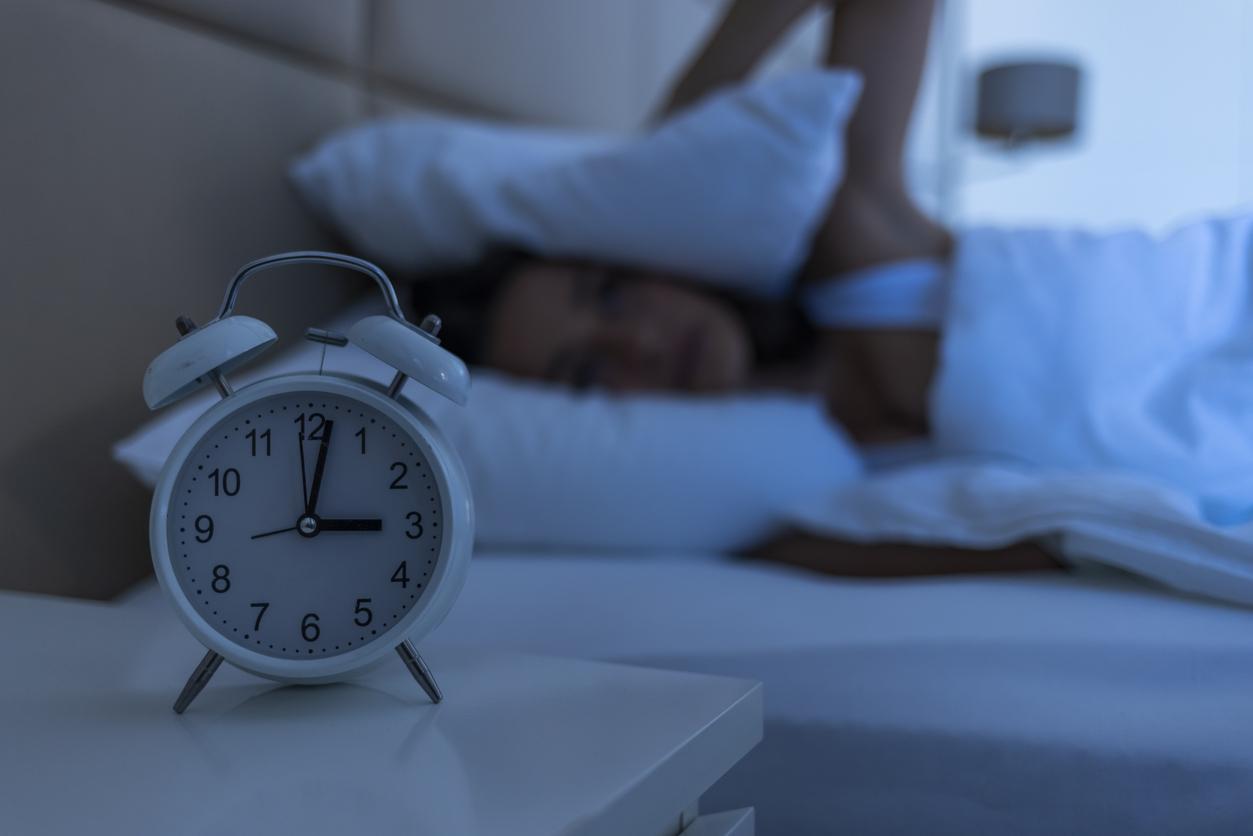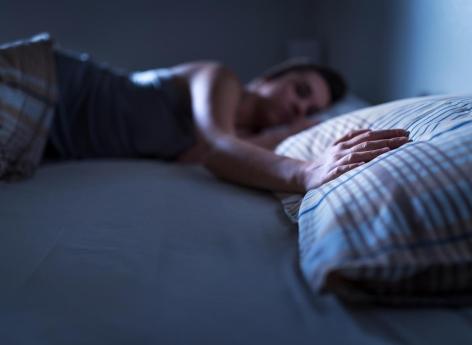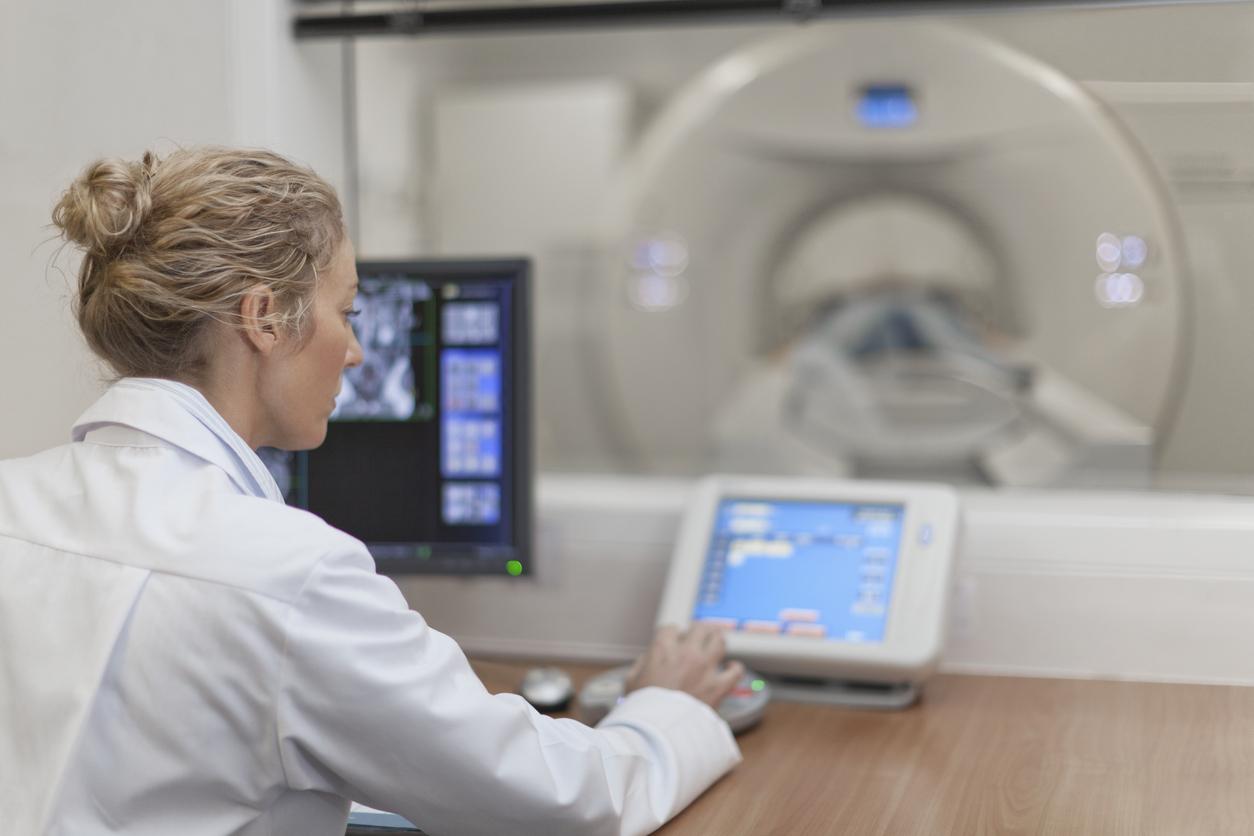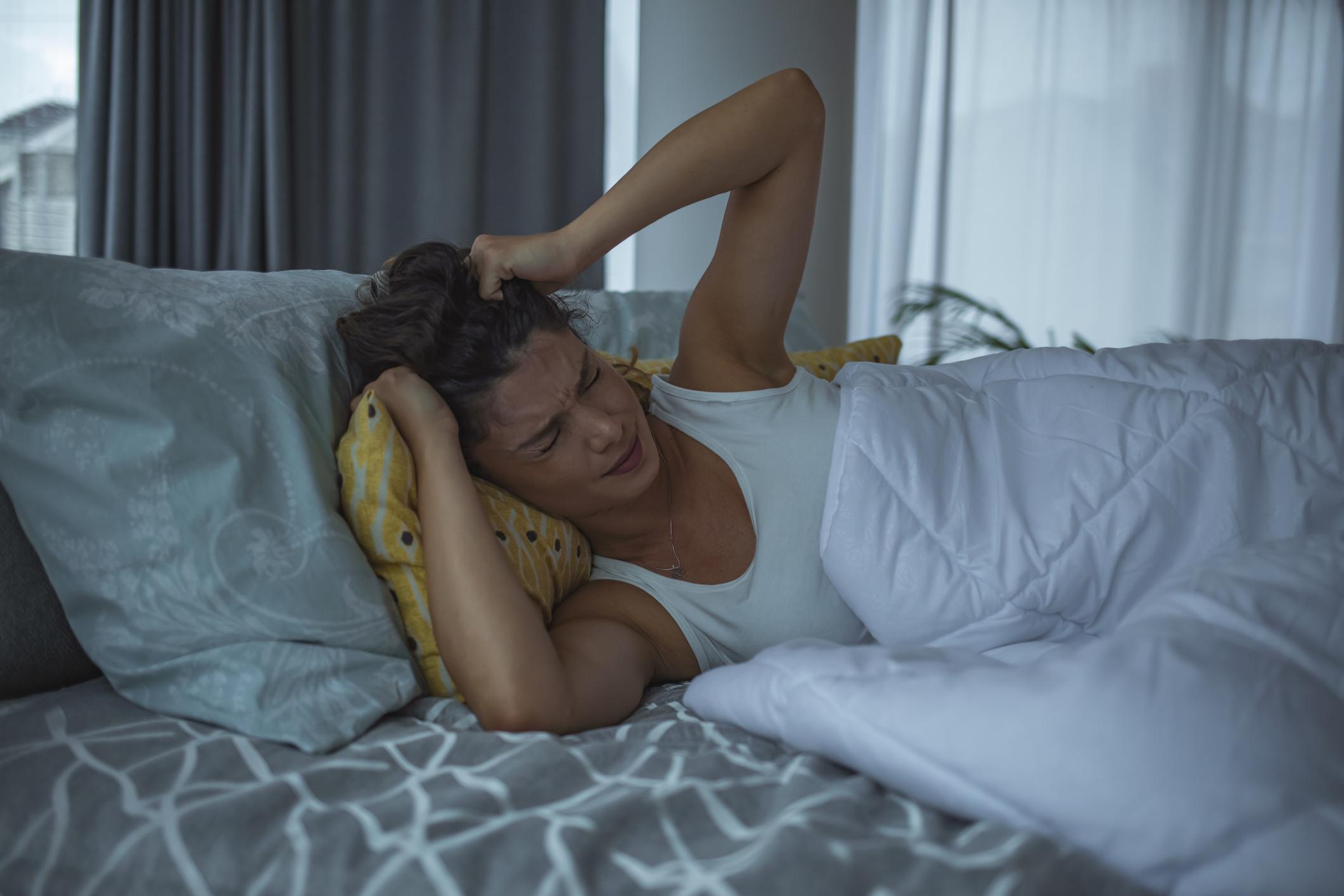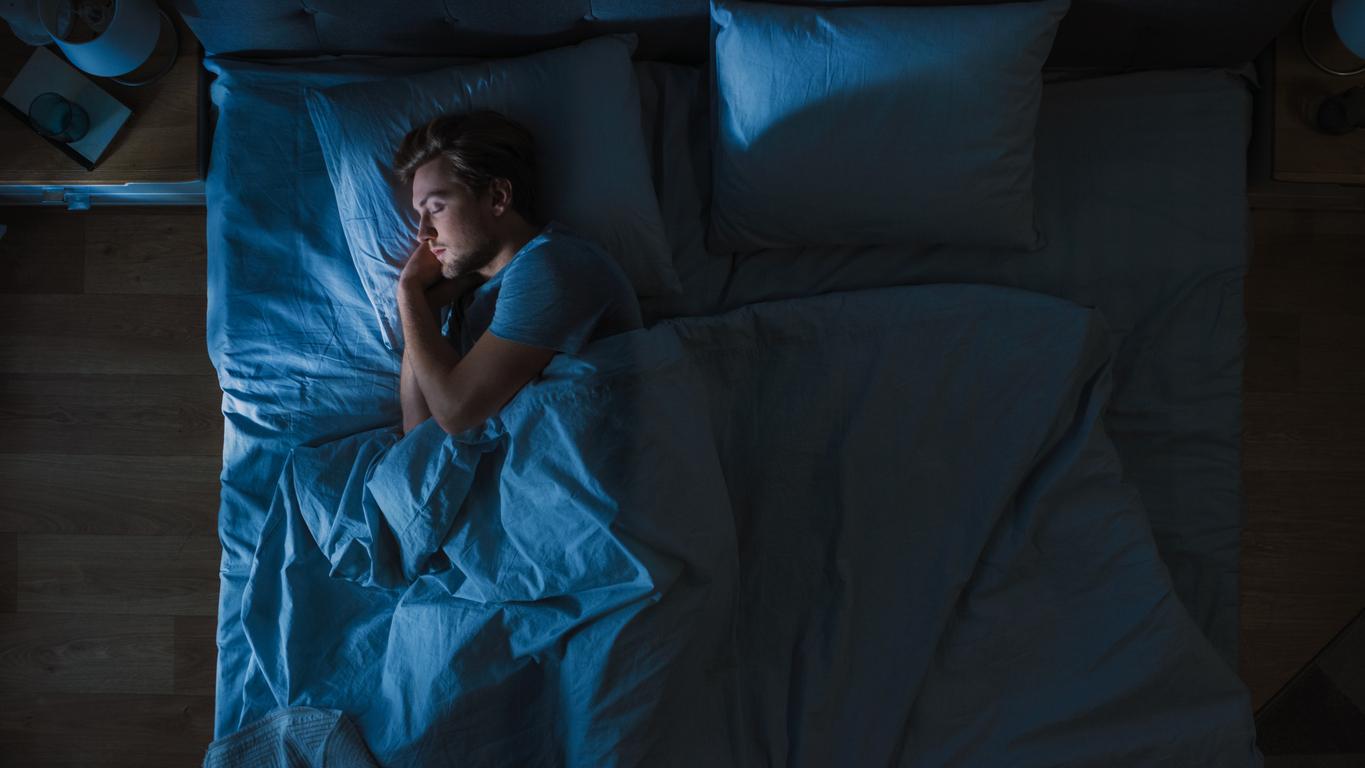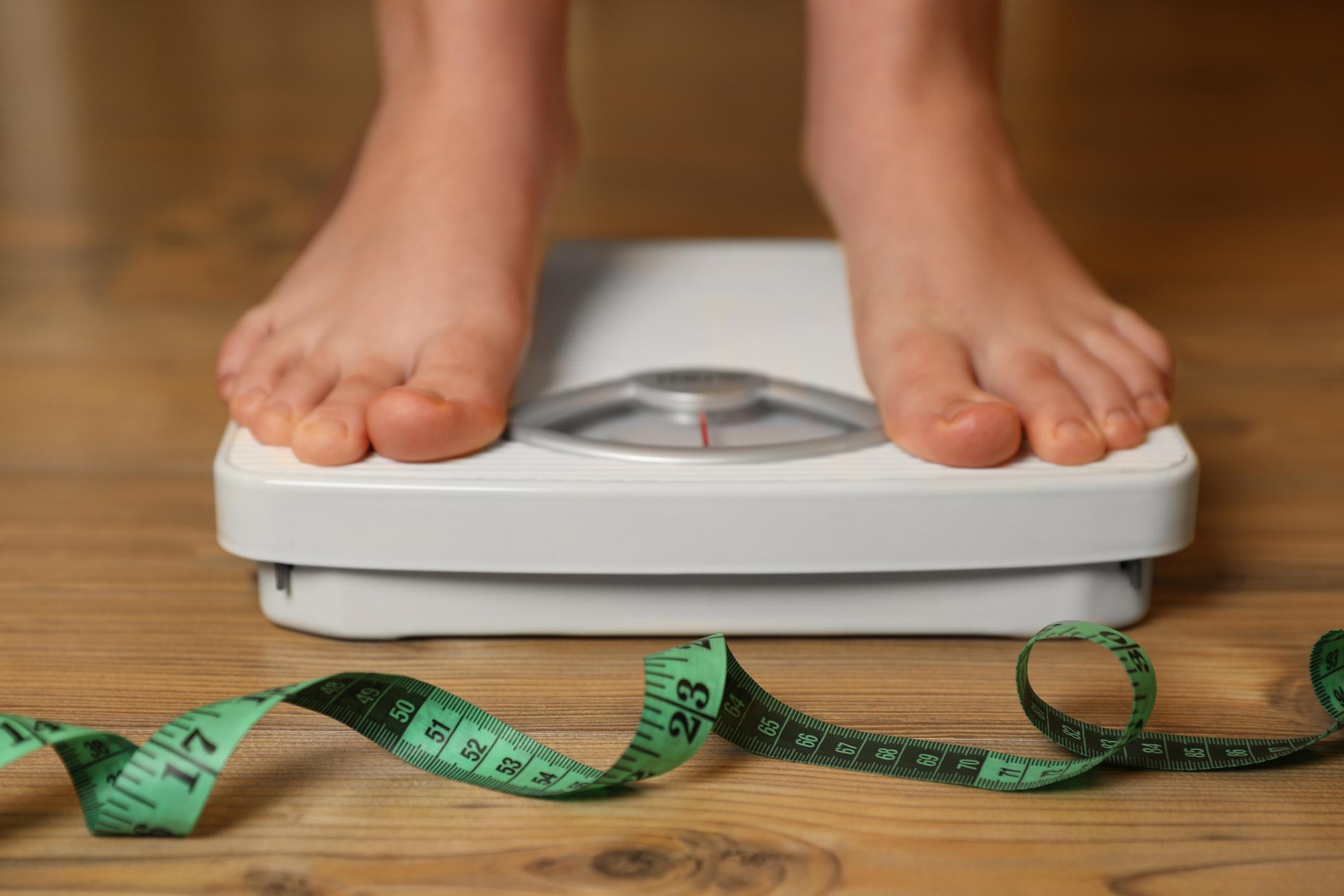Stroke victims may be more likely to sleep too much or too little than people who have not previously suffered a stroke, a study has found.
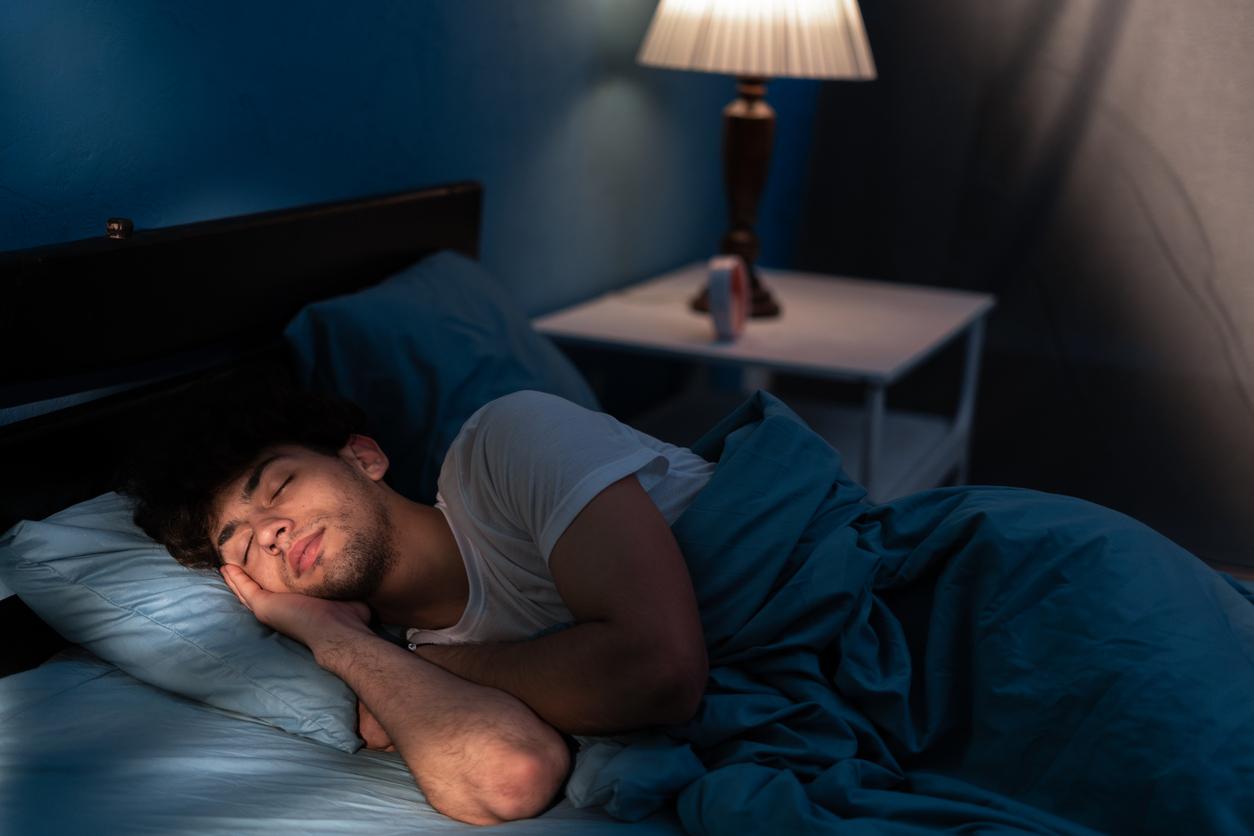
- People who have had a stroke may be more likely to sleep too much or too little than others.
- The researchers add that the study does not prove that stroke causes sleep disturbances. It only shows an association.
- However, they add that their work shows that stroke victims should be asked about their sleep in order to manage their problems, if they have any.
According to estimates, there are more than 140,000 strokes per year in France, or one every 4 minutes. They can be responsible for many complications (hemiplegia, aphasia, concentration problems, etc.) that can lead to death.
A new study, published in the journal Neurology September 11, 2024 reveals an association between stroke and sleep changes.
Stroke: Link to sleep disorders discovered
To assess the impact of stroke on sleep, the researchers followed 39,559 people, 1,572 of whom had suffered from the disorder. Every two years, the participants were asked how long they usually slept. Their nights were considered short if they slept less than six hours, normal if they slept between six and eight hours, and long if they slept more than eight hours. The team looked at how often the volunteers had normal sleep.
Result: Normal sleep duration was less common among people who had had a stroke than among those who had not, with 32% versus 54% for 18-44 year-olds, 47% versus 55% for 45-64 year-olds, and 45% versus 54% for seniors.
Overall, stroke patients were 54% more likely to sleep more than eight hours a night than those who had not. They were also 50% more likely to sleep less than six hours a night.

Sleep of stroke victims should be monitored
For Sara Hassani of Duke University School of Medicine in Durham, lead author of the study, the link between stroke and impact on sleep duration raises a point. “Getting enough sleep is considered essential for ideal brain and heart health. We know that abnormally long or short sleep after stroke can affect recovery and deteriorate quality of life. So these findings should prompt us to look for these issues and consider how we can help people improve their sleep habits.”
She then adds in her press release : “Previous studies have shown that stroke is linked to sleep disturbances, particularly sleep apnea. Disorders such as insomnia and excessive sleepiness are common in stroke patients and may be a direct or indirect consequence of the stroke itself. Future research should explore the links between stroke and sleep duration and determine the effect of sleep duration on outcomes after stroke.”










